Some more optimistic takes on what might be in the party manifestos for HE: the sort of commitments being asked for seem somewhat optimistic: later in this update I look at some detailed proposals on maintenance finance, a call to scrap the REF (which might have more take-up in the manifestos), the KEF via a HE- BCI survey (might someone suggest scrapping the KEP?), apprenticeship results are out and numbers on international education. Amongst all that I also look at a speech from Susan Lapworth.
Manifesto for HE
You’ve seen the UUK one, here is the one from MillionPlus. (Policy update from February: The UUK manifesto sets out a wish list for the sector. It all looks very expensive and so while ambitious, unlikely to be replicated in anyone’s actual manifesto. We can expect to see more of these over the next few months. Research Professional have the story here.)
Scrap REF and save money
Iain Mansfield says that Labour should ‘scrap REF and save half a billion’, Research Professional reports. Not because there is any problem with a metric for research: just a strong feeling that it shouldn’t include a metric for environment and culture. RP add: Speaking at Research Professional News live last week, Labour’s shadow science minister, Chi Onwurah, said she was “concerned about some of the bureaucracy associated with the REF” and stopped short of committing to retaining it in its current form. I don’t think that means stopping the culture and environment part, but it is hard to know. These debates will run for a while.
HE-BCI review
The HE-BCI survey is used in the Knowledge Exchange Framework. Just how much difference the KEF makes to anything and how interested anyone except the sector really is in it, is still, for me, an open question that I have asked since KEF was just a glint in Jo Johnson’s eye (the third leg of the HE stool etc…). Of course if they started using KEF to allocate HEIF it would matter a lot more, but the KEF data doesn’t really lend itself to that. As a reminder, it uses a different comparison group (clusters) to everything else, three of its “perspectives” are self-assessed and all it tells you is whether engagement with the perspective is deemed to be low, medium or high. In a highly technical presentation format.
But as the (only real) metrics behind the (incomprehensible) KEF wheels (just take a look here and see what you learn), HE-BCI data does have some influence. And HESA did a survey on some bits of it which closed in January. There will be another consultation at some point.
The regulator speaks
It is always interesting to hear or read a speech by the head of the OfS, so here is one.
After a friendly introduction telling the Association of Colleges what good work their members do, it is straight in on quality:
- Although, of course, not every college higher education student is in that position, the college sector should collectively be very proud that so many who are get the guidance and support they need in further education settings.
- But, sadly, we know that in too many parts of the system, students’ interests are not always being well-served
- …[Students] have serious questions about:
- the amount of teaching they receive,
- the frequency and usefulness of feedback provided to them, and
- the level of support, both academic and pastoral, they can access.
Talking about the ongoing quality assessments, there are some changes coming:
- Updating some of the language we use. So we might talk more about assessments or compliance assessments, rather than investigations.
- We think there’s scope for additional training for assessment teams, for example, focusing on welfare to ensure staff are appropriately supported during visits and the wider process.
- And we know the sector would like us to publish more information about how institutions are selected for assessment and how the process unfolds from there
A defensive approach to the big effort on freedom of speech? You decide
- Defining more clearly and coherently the student interest will also support another area where our regulation is developing: freedom of speech and academic freedom.
- As that work has progressed, we have sometimes been told, including by some students, that students do not consider this a priority. But we know that the National Student Survey found that one in seven students in England felt unable to freely express their views.
- … the collective act of debate and dissection of ideas, old and new, is what allows us to be confident that what and how students are learning represents the best knowledge we currently have. If students don’t recognise this, we need to understand why. Is it an artefact of who speaks loudest in our current systems? Or that cost-of-living worries and the associated challenges have reduced the scope for considering these broader issues? Or that students today have a fundamentally different conception of what freedom of speech and academic freedom ought to entail?
And some new areas of focus:
- For example, although access to accommodation appears in our Equality of Opportunity Risk Register, we’ve been cautious about stepping into that arena in regulatory terms. But it is clear that students are increasingly concerned about the cost, quality and uneven availability of accommodation for their studies. It’s the most frequently mentioned issue in discussions with students in my visits to institutions.
- Likewise, while we’ve taken steps to encourage stronger working links between those we regulate and the organisations that provide health services to students, particularly to support their mental health, we’re not the regulator of those services, and much of the most critical care can’t be provided by universities and colleges directly…. we are open to the view that, as a regulator framed and formed in relation to the interests of students, it may fall to us to take action, or to seek to better co-ordinate the activity of others, or to just talk about them because they matter to students.
And there is a new strategy consultation coming for the OfS.
Apprenticeships
Achievements rate update: a update published by the DfE. The Minister for Skills, Apprenticeships and Higher Education, Robert Halfon has written an open letter to the apprenticeship sector celebrating the latest achievement rates and setting out some developments.
While the government are very keen to encourage more apprenticeships, there is a stern approach to providers here: not dissimilar to the rhetoric on HE, there will be student number controls linked to quality as defined by outcomes. While “training not being as good as hoped” is a factor in the list above, as is “poor organisation” of the programme, that is in the context of all the other reasons linked to employers and jobs. However, the government can’t do much about those, and is not in the business of discouraging employers from participating. But this will put more pressure on providers who are already finding apprenticeships bureaucratic and hard and expensive to deliver.
It’s not putting them off just yet, though. This update from the OfS on the second wave of funding for apprenticeships highlights how many providers are really going for it. Degree apprenticeships funding competition: Funding allocated to wave 2 projects (officeforstudents.org.uk)
Anyway, the ideas for future development in the Minister’s letter are:
- Apprenticeship Standards. IfATE will be looking closely at apprenticeship standards that are not producing good outcomes for employers or the economy – especially where they are underused or too many learners are dropping out without completing – and speed up action to either improve them or remove them where it is clear the apprenticeship standard is not working.
- Quality of Training. We know that the quality of training is a major factor in whether apprentices complete. Through the apprenticeship accountability framework, we have assessed provider performance against a range of measures to give an overall picture of their quality of delivery. ….. In future performance assessments, we will not hesitate to robustly challenge providers showing insufficient improvement. We will deploy appropriate support, where providers demonstrate a capacity to improve in a timely manner, and we will continue to consider factors outside of providers’ control, where these can be evidenced. However, we will also use contractual measures including potential limitations on growth, stopping delivery of standards with low apprenticeship achievement rates and removal from the market where this is necessary to protect apprentices and employers and ensure they have access to high quality training. Concurrently we will also seek to enrich the market by making it easier to enter for providers that can deliver to our priorities – for example to increase participation from SMEs and young people.
- Employer improvement. We now want to give employers better access to information and data to help manage their own apprenticeship programme and benchmark against others to help drive up improvements across the programme. We will test options for the information we could use to support this and work with Top 100 employers to identify how to make the information available. This will be in addition to the support offered to employers through resources, best practice sharing, and events to support self-improvement.
- End-Point Assessment. We continually review the assessment process for apprenticeships to make sure it is proportionate, supports achievement and is fit for the future. Working with IfATE, the providers engaged with the Expert Provider pilot and the FE Funding Simplification pilot, we will identify further options to improve the assessment model, making it more efficient for the whole sector…
- Expert Provider Pilot and SME engagement. … As a result of the pilot we are developing a new, simple one step approval for SMEs engaging with apprenticeships for the first time. This new flexibility is being developed with colleges and training providers and will be available later this year. …
Student finance
Oh dear, another negative story about student debt that will discourage potential applicants (and as always, their parents). This time it is the BBC who revealed that the UK’s highest student debt was £231k. Quite how they managed to rack up that much is unclear: by doing lots of courses, it seems (although surely there are limits on that – apparently there are exceptions to those rules). The highest level of interest accumulated was around £54,050. The student interviewed is a doctor: the length of medical programmes means that, along with vets and dentists, doctors tend to accumulate the highest student loans.
The Sutton Trust have published a report on reforming student maintenance ahead of the general election.
There are suggestions about how to address the challenges.
- The analysis covers three potential systems, all of which would increase the amount of maintenance students would have available to them day to day, rising from the current level of £9,978 to £11,400. This is the level that recent Sutton Trust research has found is the median spending on essentials for students living away from home outside of London for 9 months of the year,… This would also set maintenance support at a similar level to what they would receive if paid the National Living Wage while studying, a method the Diamond Review in Wales used to set maintenance levels.
Scenarios include
- Scenario 1 – Increasing overall maintenance levels, with equal loans for all students and maintenance grants making up the difference.
- Scenario 2 – Increasing overall maintenance levels, with variable loans and with maintenance grants focused on the poorest students.
- Scenario 3 – Increasing overall maintenance levels by means-tested loans only.
The value of international education
The government has issued 2021 data on UK revenue from education related exports and transnational education activity.
David Kernohan from Wonkhe has some analysis, always worth checking out for the nuances, including:
- 2021 was a long time ago
- It’s also notable that all these figures are based on exports only – there is no adjustment at all for costs incurred in delivering a service overseas.
- pathway provider income (programmes that help to prepare overseas students for study at a UK university) is estimated based on a survey of six large providers (CEG, INTO, Kaplan, Navitas, Oxford International, Study Group) conducted by one of the participants (Kaplan)
Research Professional also has an article.
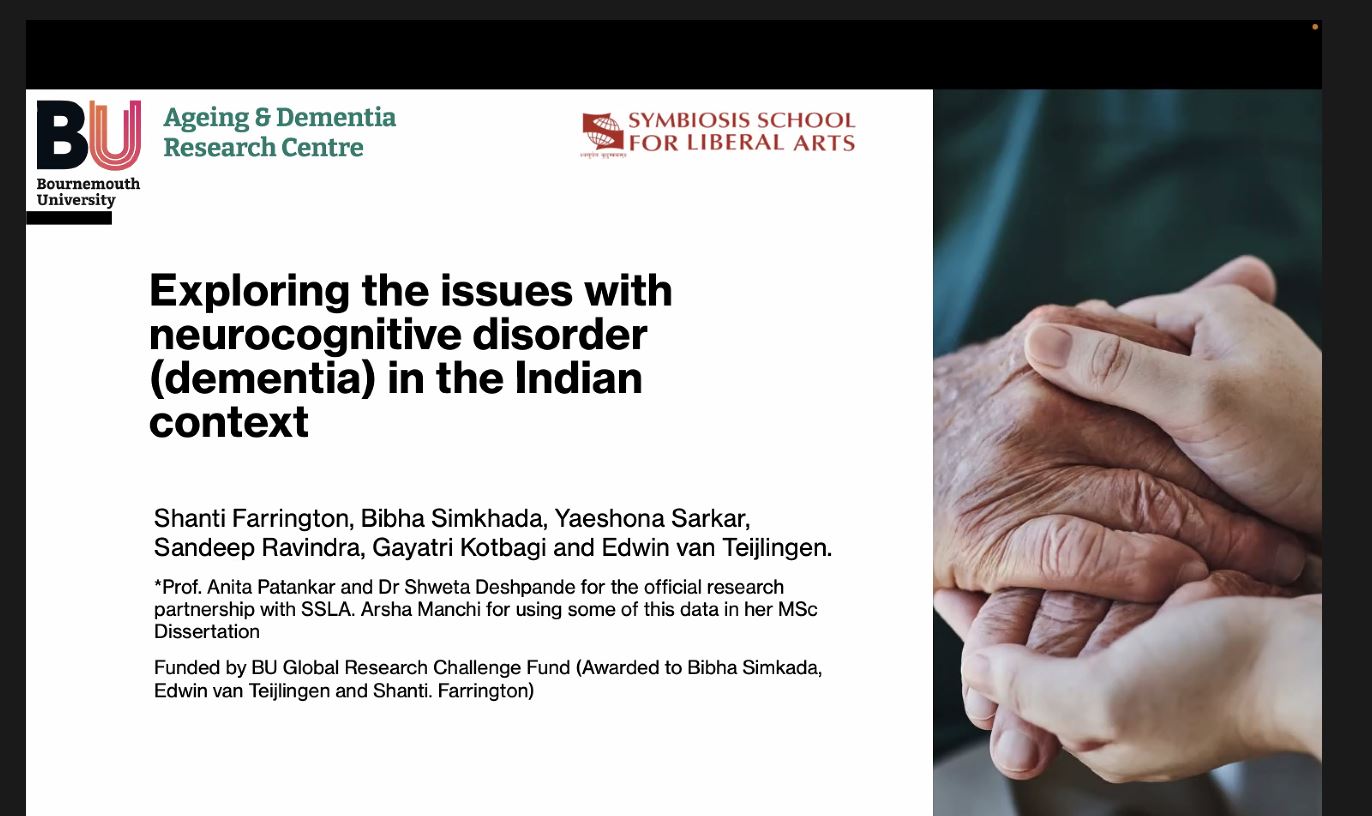 Today Dr. Shanti Farrington, Principal Academic in Psychology, presented our research work on dementia in India today. She was invited to speak to the ‘Research Participation Group of the Ageing & Dementia Research Centre (ADRC) at Bournemouth University. She addressed a range of interesting issues, for example she spoke about lack of training of health care workers in dealing with people living with dementia, but also in lack of experience in diagnosing different forms of dementia. She also spoke about the lack of experts neurologists in India, and the ageing population in this vast country.
Today Dr. Shanti Farrington, Principal Academic in Psychology, presented our research work on dementia in India today. She was invited to speak to the ‘Research Participation Group of the Ageing & Dementia Research Centre (ADRC) at Bournemouth University. She addressed a range of interesting issues, for example she spoke about lack of training of health care workers in dealing with people living with dementia, but also in lack of experience in diagnosing different forms of dementia. She also spoke about the lack of experts neurologists in India, and the ageing population in this vast country.
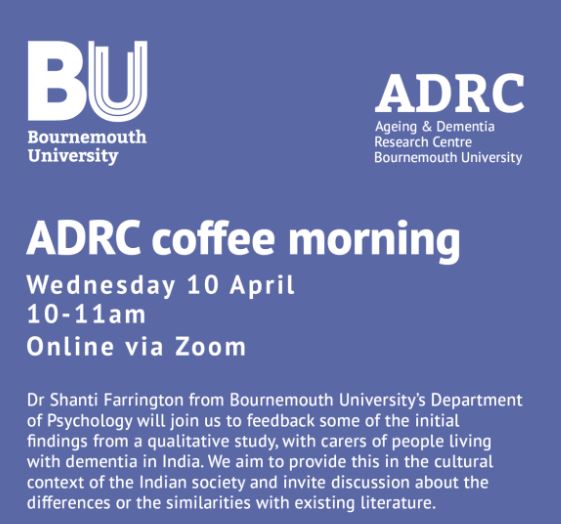
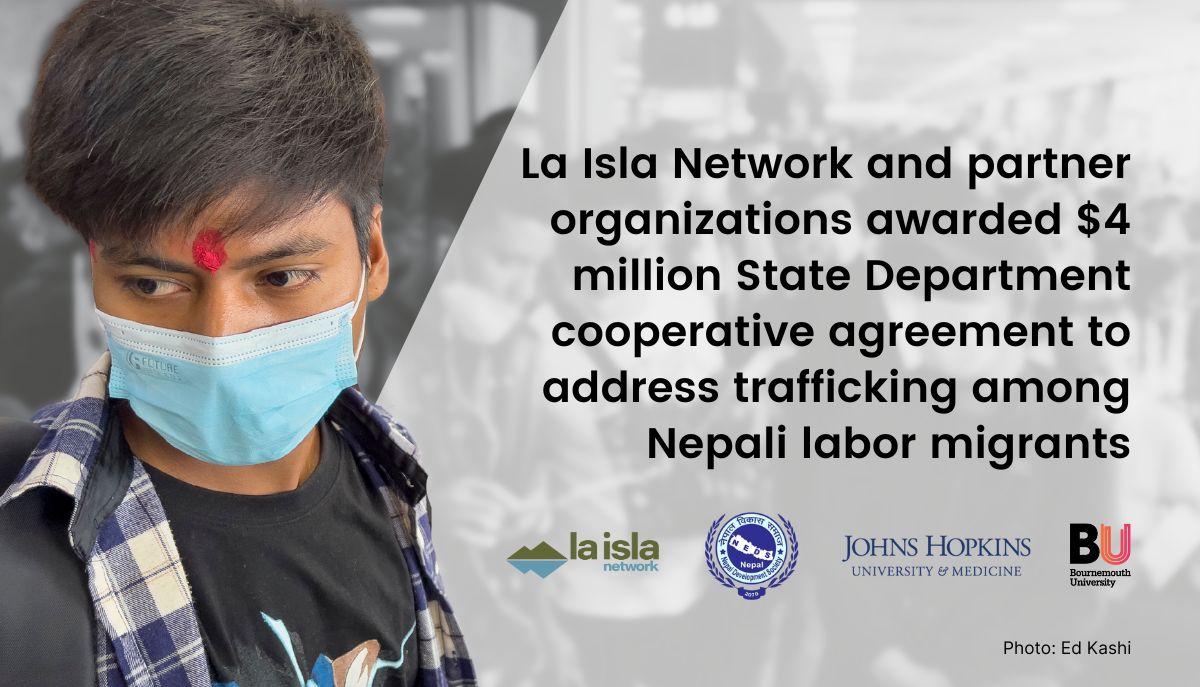
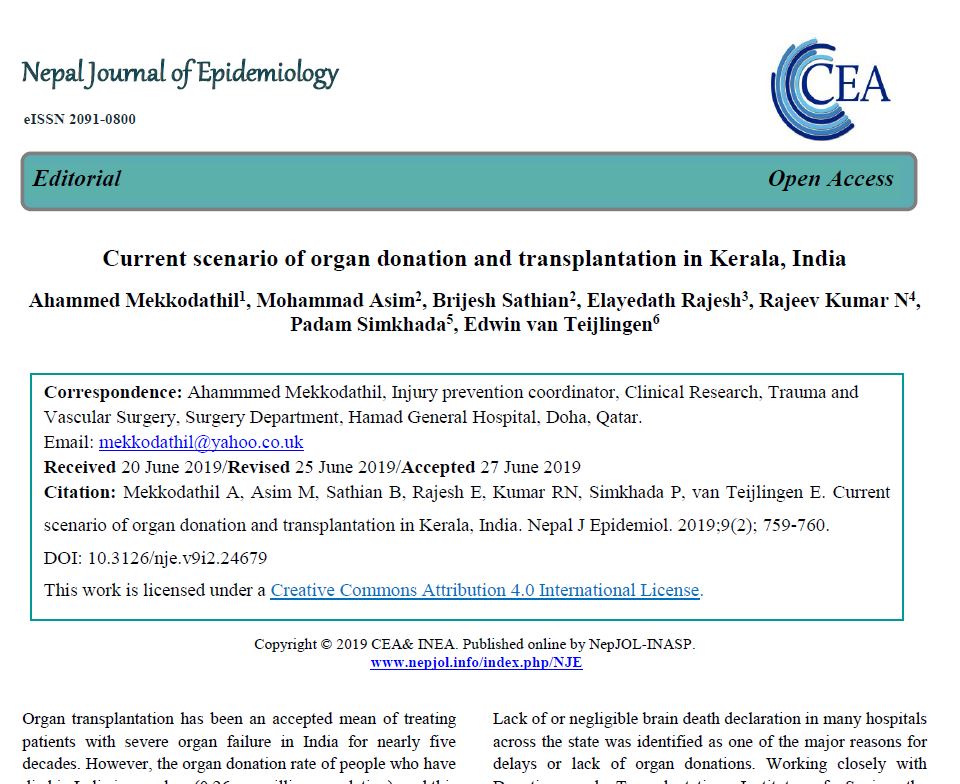
 We’ll be joined by four postgraduate researchers from Bournemouth University on Tuesday 7 May 6:30 – 8:00pm.
We’ll be joined by four postgraduate researchers from Bournemouth University on Tuesday 7 May 6:30 – 8:00pm.
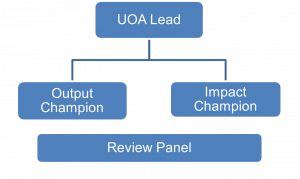
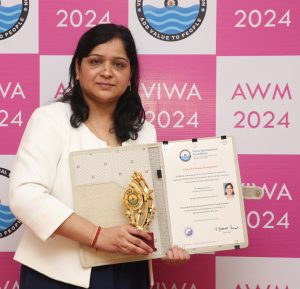
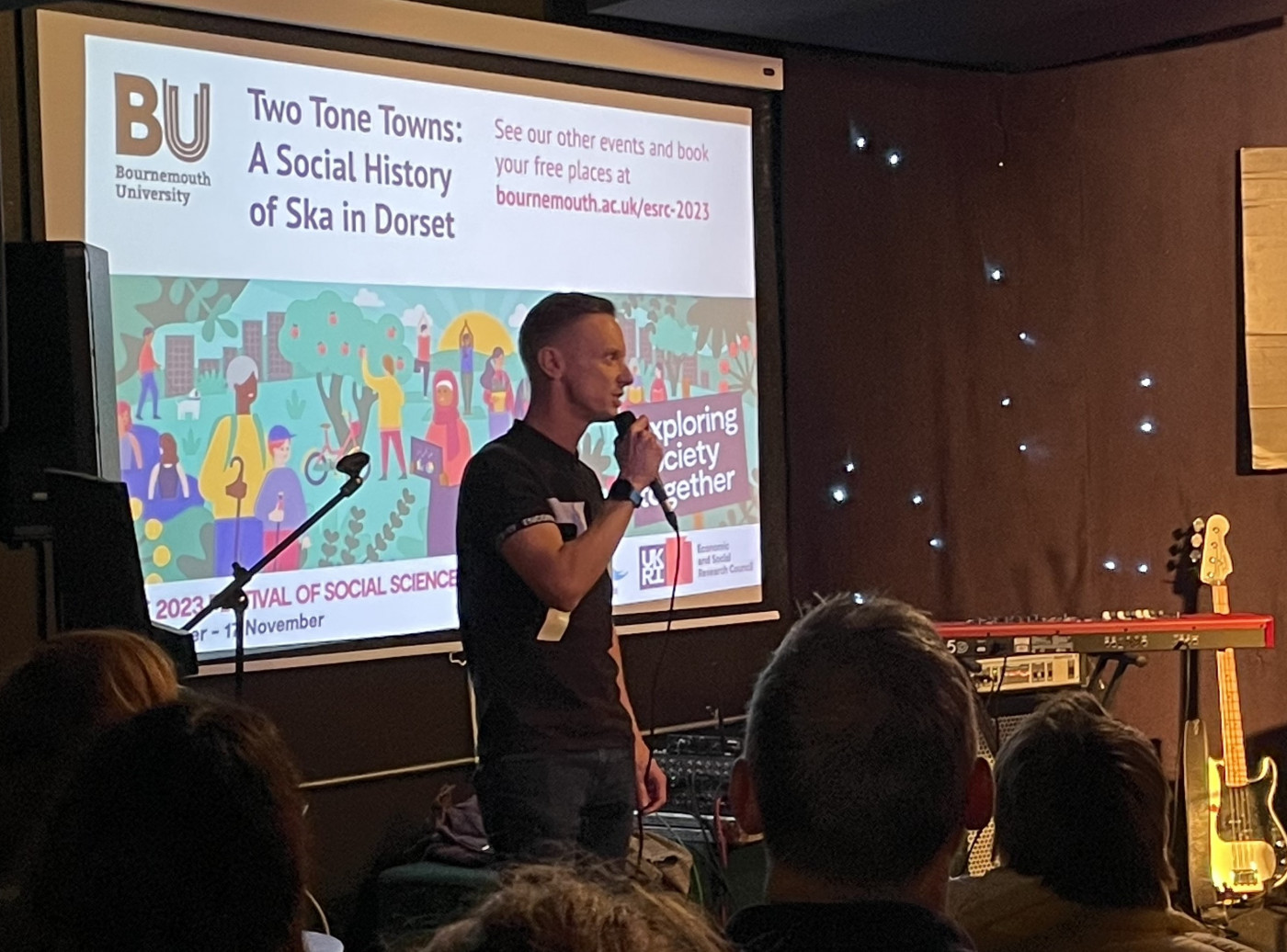 A fantastic opportunity to showcase your social science research!
A fantastic opportunity to showcase your social science research!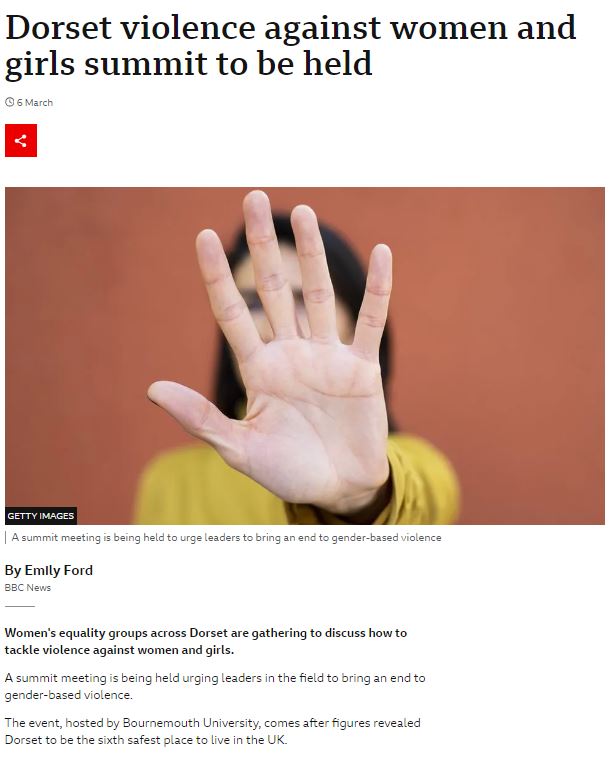

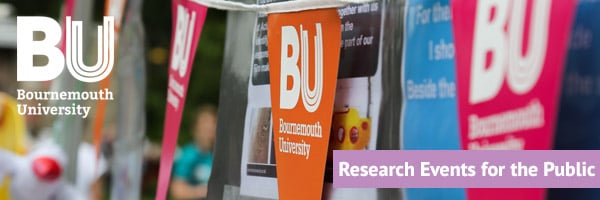

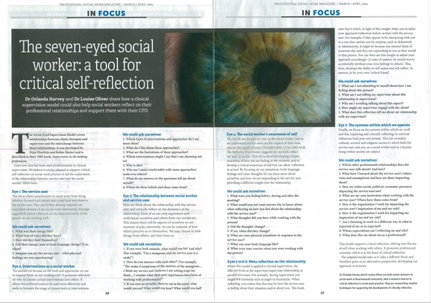
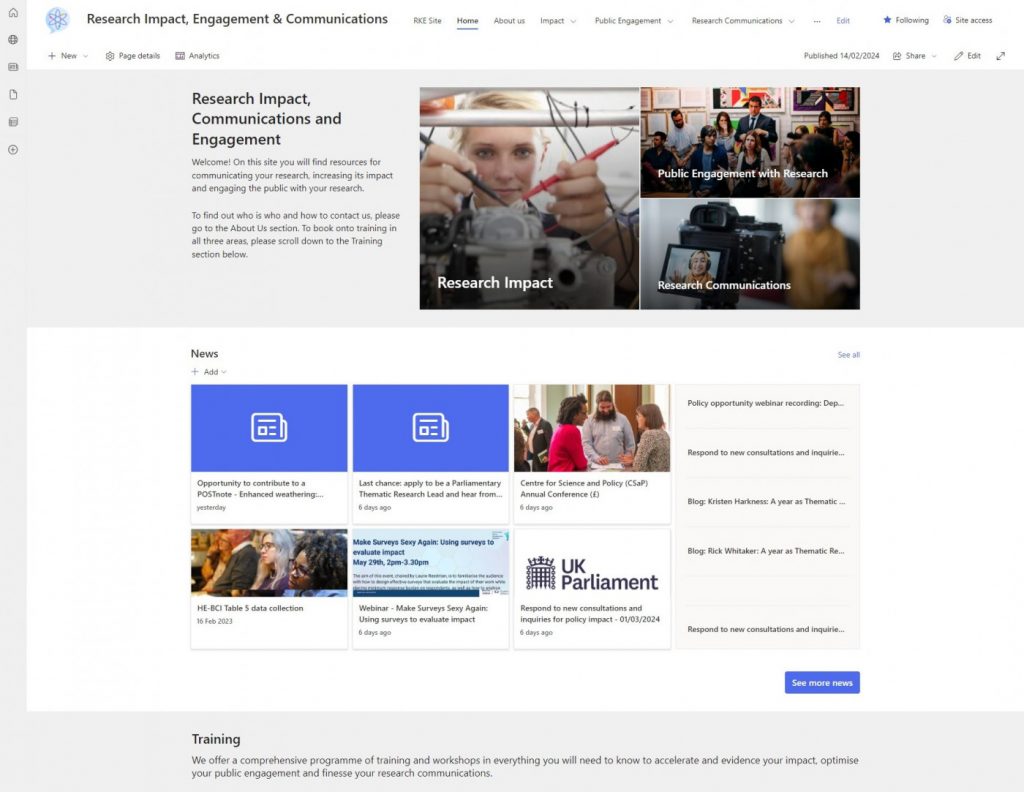
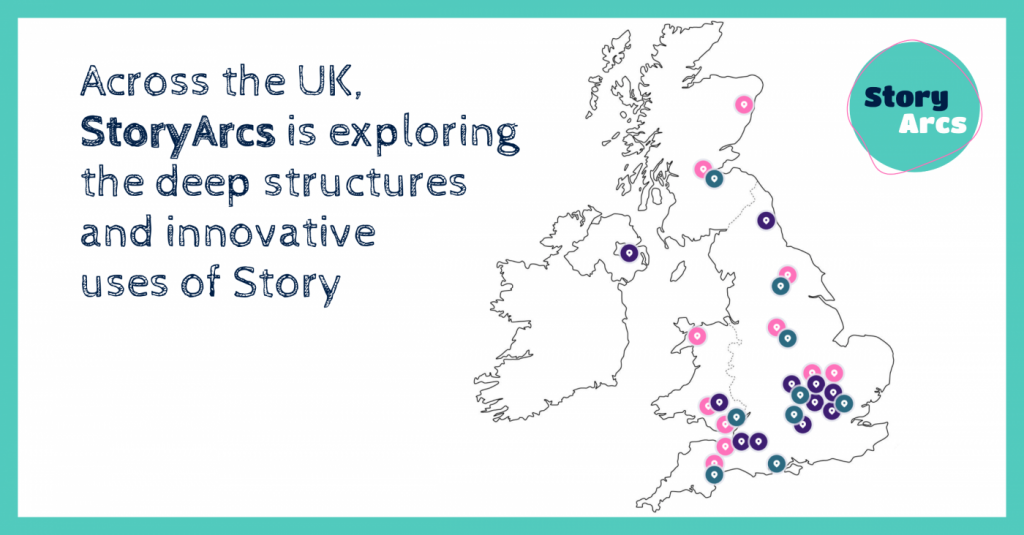
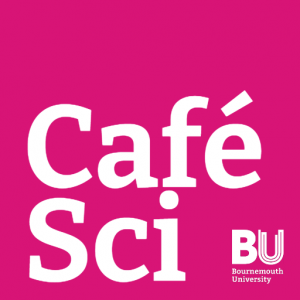











 BU attendance at third annual GCPHR meeting in June
BU attendance at third annual GCPHR meeting in June Interactive Tangible and Intangible Heritage Applications – BU student work featured in new book chapter
Interactive Tangible and Intangible Heritage Applications – BU student work featured in new book chapter Second NIHR MIHERC meeting in Bournemouth this week
Second NIHR MIHERC meeting in Bournemouth this week MSCA Postdoctoral Fellowships 2025 Call
MSCA Postdoctoral Fellowships 2025 Call ERC Advanced Grant 2025 Webinar
ERC Advanced Grant 2025 Webinar Horizon Europe Work Programme 2025 Published
Horizon Europe Work Programme 2025 Published Horizon Europe 2025 Work Programme pre-Published
Horizon Europe 2025 Work Programme pre-Published Update on UKRO services
Update on UKRO services European research project exploring use of ‘virtual twins’ to better manage metabolic associated fatty liver disease
European research project exploring use of ‘virtual twins’ to better manage metabolic associated fatty liver disease